Drug Addiction and Its Psychological Impact on Students
Drug addiction is a major social and public health problem affecting people of all age groups. But when it’s happening to students, its implications are all the more profound. The teenage student is on a critical path of personal, academic and social growth and addiction can stop that trajectory, with consequences for mental health and employment.
Understanding Drug Addiction in Students
Drug addiction is using drugs obsessively with harmful effects. To become an addict is almost always a student, beginning with the experiment – out of curiosity, peer pressure or the need to feel less anxious and stressed. Alcohol, nicotine, cannabis and sometimes prescription drugs like opioids or stimulants are the main drugs that students abuse.
Psychological Factors Leading to Addiction
The psychology that can leave a student vulnerable to addiction can be complex:
- Stress and Anxiety: Due to societal stressors, like pressure at school, being failed or being under family pressure, students can get temporarily high by turning to drugs.
- Mental Health Problems: Depression, trauma, or chronic hurt drive a person to abuse drugs to cope.
- Influences From Social Groups: In some cases, peer pressure or need to belong to a group can drive students to do drugs.
- Failed Awareness: The most students do not know the long term effects of drug use and see it as an easy escapism.
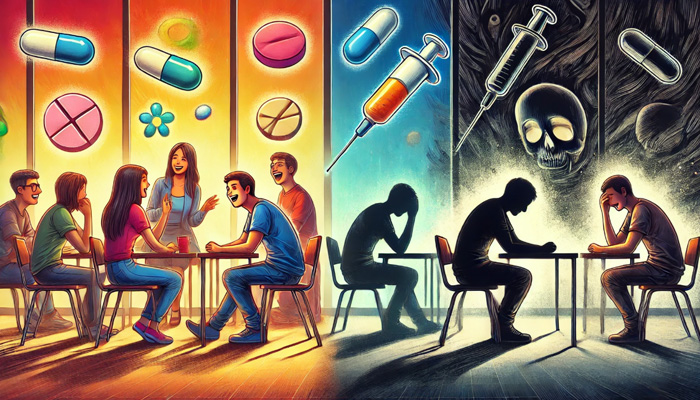
The Psychological Impact of Drug Addiction on Students
- Cognitive Decline
An addict is not just in the physical, but in the psychological sense. These are some of the Reasons: Drug use interferes with memory, attention and decision-making. This often causes poor performance, missed opportunities and academic attention to drop out of school among students. - Emotional Instability
Addiction causes a lot of distress. The student might feel more irritable, moody and depressed. All this leads to depression and anxiety in the long run, which is a vicious circle. - Loss of Self-Esteem
An addiction stigma and the fact that one can’t stop can also undermine a student’s self-worth. Guilt and shame accompany addiction and decouple the addict from support networks. - Social Isolation
Addiction also makes for unhappy relations with parents, siblings and colleagues. Students might shut down because they feel ashamed or hostile, and forego social relationships with support and encouragement. - Increased Risk of Mental Disorders
Substance abuse for many years is strongly associated with grave mental illnesses, including psychosis, paranoia and suicidality. This is particularly concerning for students who already have mental health issues.
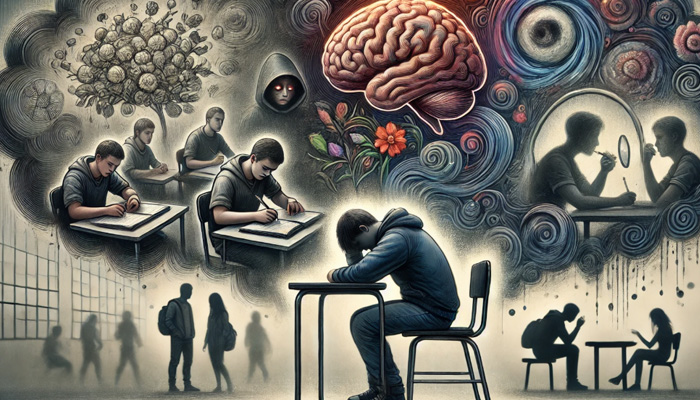
Prevention and Intervention
The problem of student drug addiction is a complex one:
- Information and Awareness: School and colleges should have comprehensive drug education initiatives in place that educate students about the dangers and consequences of drug abuse.
- Counseling and Therapy: Students can seek help with stress and depression through counseling and therapy.
- Inculcating Self-Sufficiency: Encouraging students to be able to cope, cope with stress, and make choices will also cut back on drugs.
- Support from Families and Peers: Families and peers can be a prevention key. Students may not become drug users if the conversations are transparent and supportive.
- Rehabilitation Courses: If you are already afflicted then rehabilitation and recovery courses are essential. Such programmes should include detox, therapy and re-entry into society.
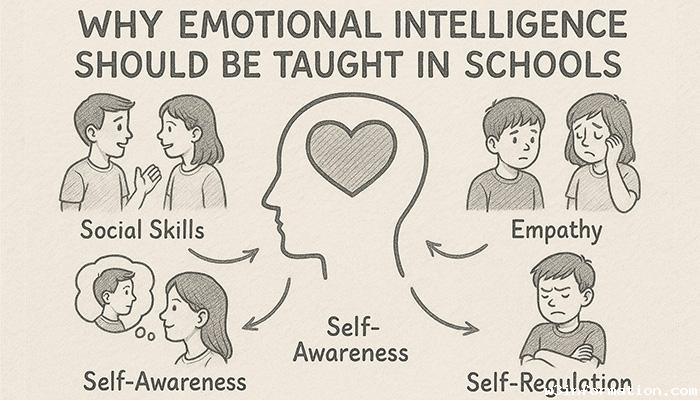 Why Emotional Intelligence Should Be Taught in Schools
Why Emotional Intelligence Should Be Taught in Schools
 The Future of Higher Education: Trends to Watch
The Future of Higher Education: Trends to Watch
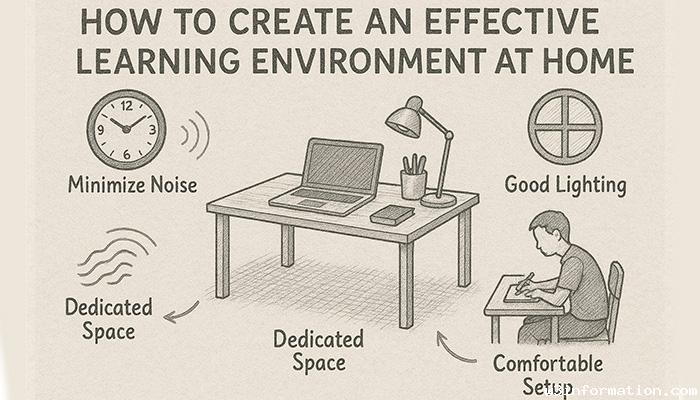 How to Create an Effective Learning Environment at Home
How to Create an Effective Learning Environment at Home
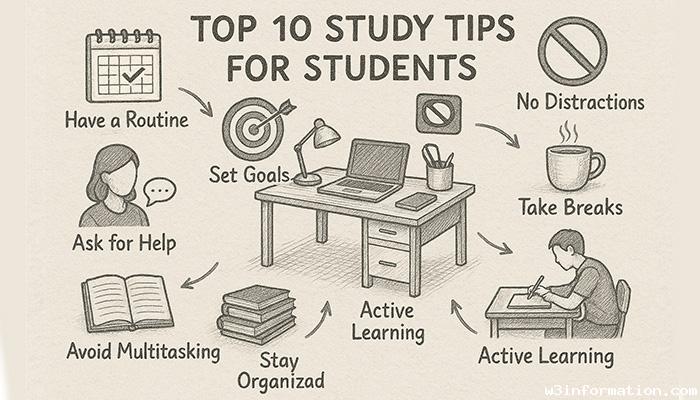 Top 10 Study Tips for Students
Top 10 Study Tips for Students
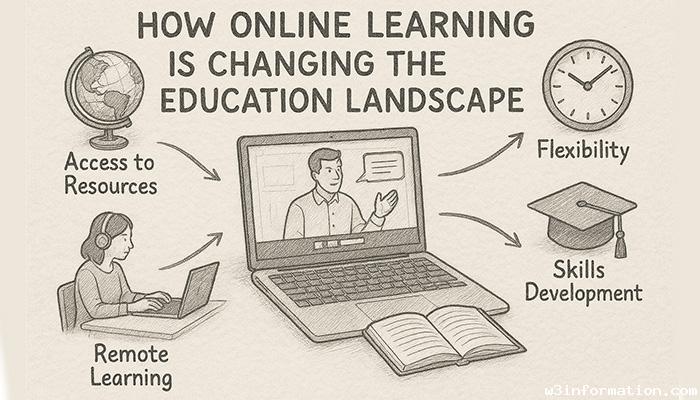 How Online Learning is Changing the Education Landscape
How Online Learning is Changing the Education Landscape
 How to create backend CRM using React JS
How to create backend CRM using React JS